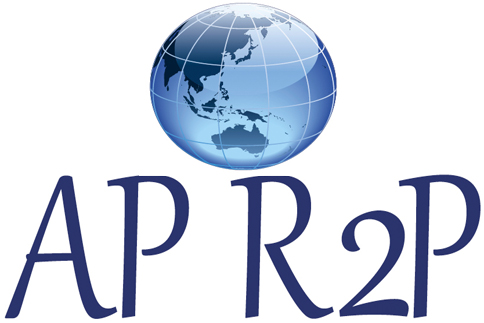Menu

The Responsibility to Protect (R2P or RtoP) is an international principle endorsed by world leaders at the 2005 World Summit that recognises that all States share a responsibility to protect their populations from four atrocity crimes: war crimes, crimes against humanity, ethnic cleansing and genocide. According to former UN Secretary-General Ban Ki-moon, R2P has three non-sequential and equally important pillars:
Within this agreement, R2P includes a specific commitment to prevent atrocity crimes, and their incitement. As recognised in the Rome Statute of the International Criminal Court, and the International Covenant on Civil and Political Rights (Article 20), widespread and systematic hate speech and incitement-based violence can constitute an act of genocide, war crime or crime against humanity. Incitement and hate speech can also be a tactic of ethnic cleansing. As such, the prevention of hate speech and incitement, along with human rights on the internet, and the protection of populations at risk of violation due to these crimes, is a fundamental responsibility for all States as part of their R2P commitment. Article 20 of the International Covenant on Civil and Political Rights, states that “any advocacy of national, racial or religious hatred that constitutes incitement to discrimination, hostility or violence” is prohibited. Article 3 of the Genocide Convention states that “direct and public incitement to commit genocide” is punishable under the Convention.
Since 2009, the UN Secretary-General has submitted annual, and other occasional reports on R2P to the UN General Assembly and UN Security Council. In these reports, the Secretary-General has reiterated that preventing hate speech and incitement-based violence is a vital component of implementing R2P. The Secretary-General’s reports have highlighted that hate speech and incitement are associated with greater risk of widespread violent crime, and noted that states that have strong mechanisms for protecting human rights and a culture of accountability.
Lorem ipsum dolor sit amet, consectetur adipiscing elit. Ut elit tellus, luctus nec ullamcorper mattis, pulvinar dapibus leo.